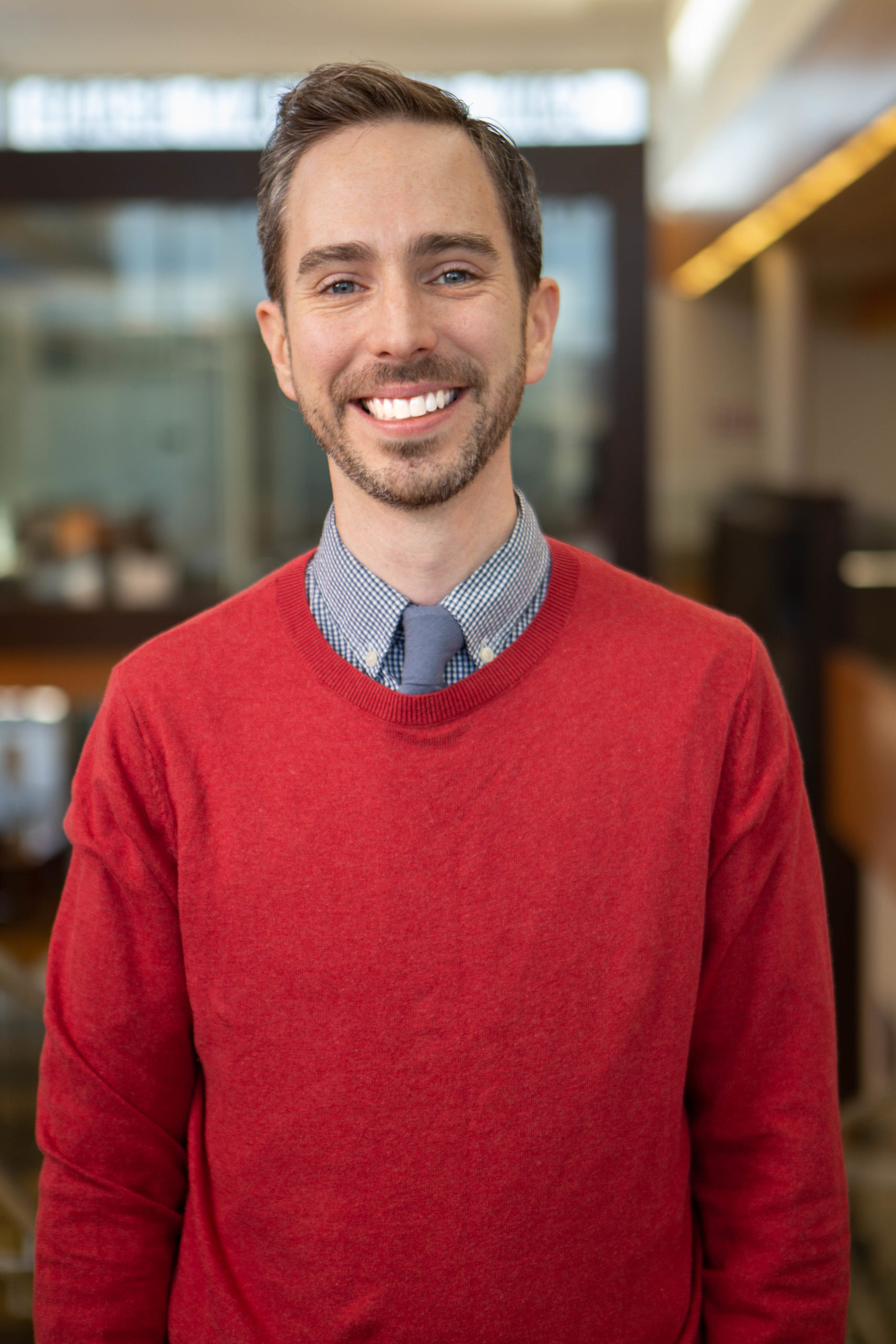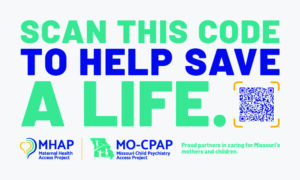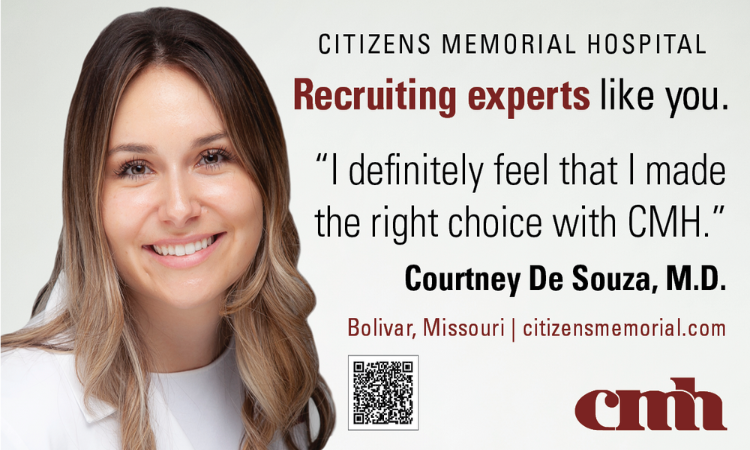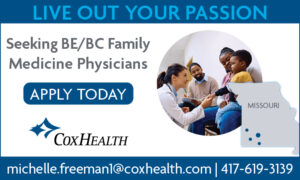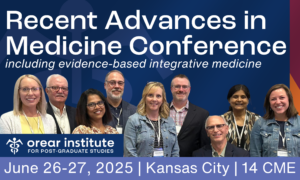Learning While Moonlighting
Michael Donovan, MD
As a family physician in St. Louis and a faculty member at Saint Louis University School of Medicine, I wanted more learning opportunities and explored moonlighting as an option. I had wonderful training opportunities throughout my undergraduate and graduate medical education, but the most important lesson that I had was to continue seeking opportunities to learn and grow throughout my career.
After I became an attending physician in 2018, I practiced in a small urgent care clinic on the weekends. I learned so much in the first few months because it was a different environment than my primary care clinic. I was able to evaluate patients for medical complaints that were different from my everyday work. I continued to grow in suturing skills, managing acute musculoskeletal injuries, reading x-rays, and proper referrals to the emergency room and other specialty care.
I remember one of my first patients at the urgent care clinic, a busy mom of three and full-time lawyer, had cut her finger preparing lunch for her family. As I sutured the laceration on her finger, she shared stories of her family and career and also some of her primary care medical issues. I was able to help her understand some of the chronic medical issues with more depth. And it was gratifying to fix an acute issue for her when she needed me.
After working in the urgent care clinic for a year, I began moonlighting on medical wards at the hospital. This has been a valuable way to continue to enrich my understanding of hospital medicine and to learn from specialist consultants and colleagues. During each moonlighting experience, I learn more about medicine and the complexities of our health care system through discussions with colleagues in different health care settings and from patients themselves. It gives me perspectives that I would not ordinarily have and makes me a better outpatient clinician. I also enjoy getting to help the urgent care and hospital physician workforce to relieve them so they can have well-deserved time off. This is an important role for me to ensure my colleagues can balance work and life to reduce physician burnout. During the COVID-19 pandemic, health care systems workforce shortages have been magnified and moonlighting has become a critical tool in staffing to meet patients’ needs. Moonlighting has been a great way for me to become more connected to my community with more interactions with patients and colleagues. I have learned and grown as a family physician and have helped to meet patients’ health care needs.
Currently, Missouri residents can obtain their medical license from the Missouri Board for Healing Arts (BOHA) after passing Step 3 of the USMLE and after their first year of residency. The MAFP continues to monitor BOHA discussions that consider a need to change the licensure requirements for residents to complete Step 3 after 2-3 years in residency. Moonlighting has been an important part of my learning and practice, and I think we should continue to advocate for the current regulations allowing residents to be licensed physicians after one year of residency. Not only for obtaining experience, but to also address the workforce shortage with qualified family physicians in both rural and urban areas.
About the Author
By: Michael Donovan, MD
